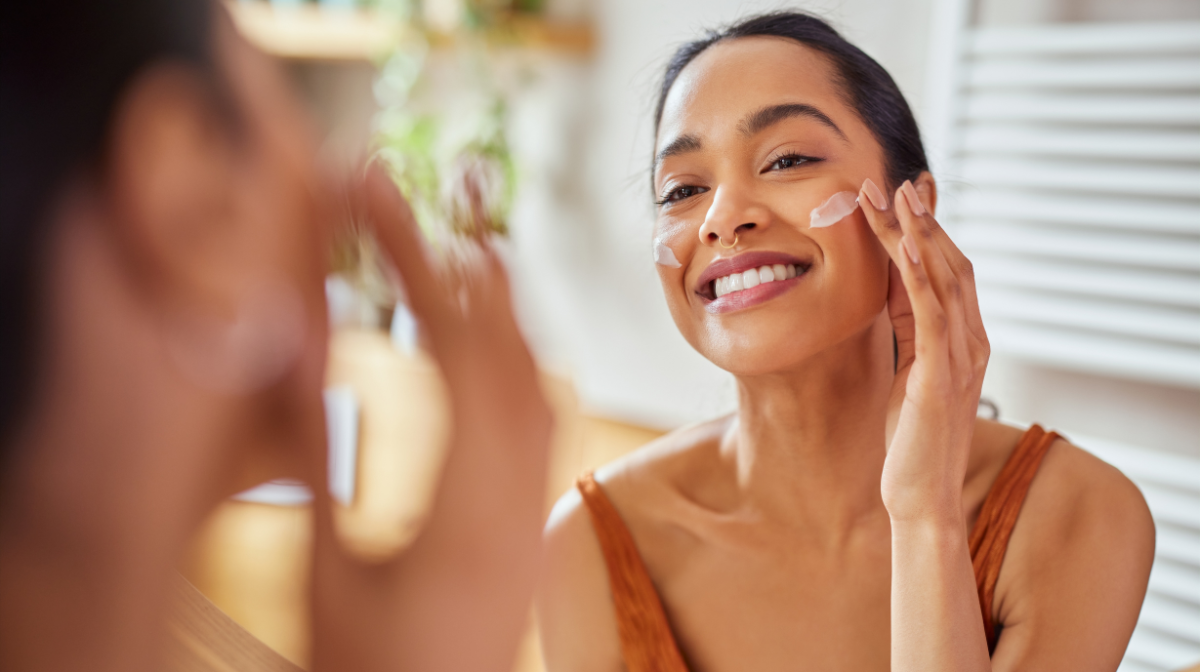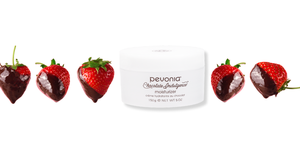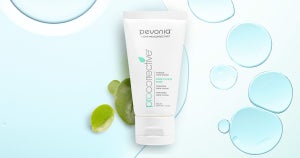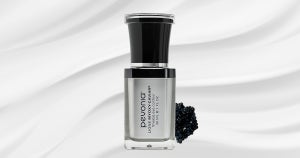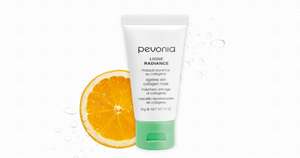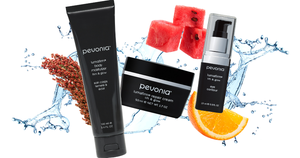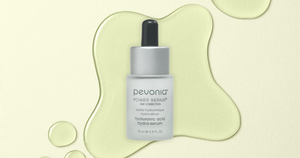
If you’ve ever wandered down the skincare aisle, chances are you've seen ceramides on the shelves, but do you know what they are how they work on the skin?
We think this ingredient could be a gamechanger when it comes to achieving more radiant results.
Which is why we’ve broken what ceramides are, so you can decide whether it will be the next addition to your regime.
The Definition of Ceramides in the Skin
Ceramides are a type of lipid (fat) molecule that naturally occurs in the skin.
These barrier lipids represent about 10% of the stratum corneum (outermost layer of the skin), and around 50% of these are ceramides. So, they play a vital role in maintaining healthy skin.
What do Ceramides do for the Skin?

Wondering how ceramides work? Think of them as the building blocks of your skin’s protective wall.
These natural lipids act as the glue that holds your skin barrier together, creating a strong, resilient defense that could help shield you from moisture loss and other environmental stressors.
As we age, however, our natural supply of them begins to decrease, potentially compromising your barrier - making it easier for dryness and irritation to occur.
At this stage, it could be particularly important to support your skin health by supplementing your levels with ceramide-rich skincare products.
How to Add Ceramides into Your Skincare Routine

Ceramides are a key ingredient in a wide range of beauty products. Whether in rich creams, nourishing cleansers, or soothing masks, using products enriched with this ingredient could be an effective way to support your base, for a healthier-looking, hydrated finish.
As with anything, if you want to see visible results, patience and consistency is key.
We believe ceramides are more than just a trending ingredient—they could be a game-changer for longer-lasting hydration and a more resilient skin barrier.
If you feel like you’ve been dealing with dryness, we could help you. Check out our blog on how to care for dry skin, so you can work towards a radiant-looking complexion.

